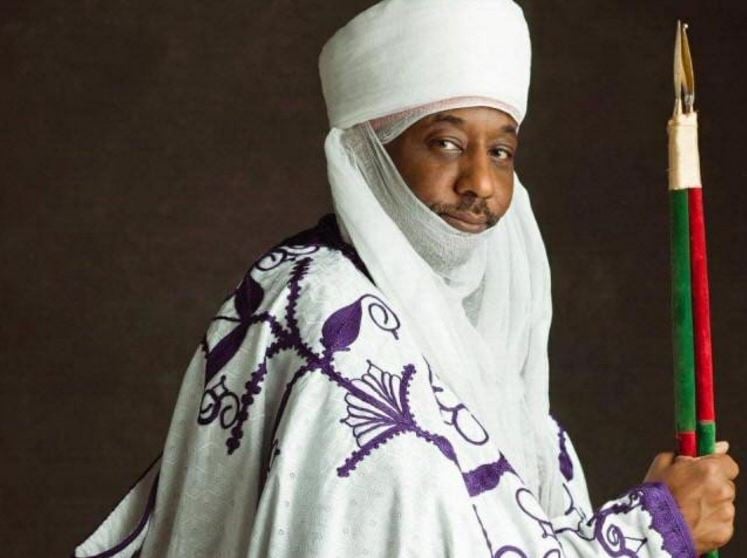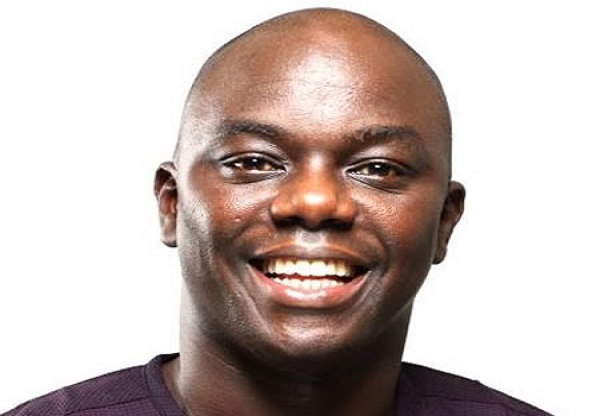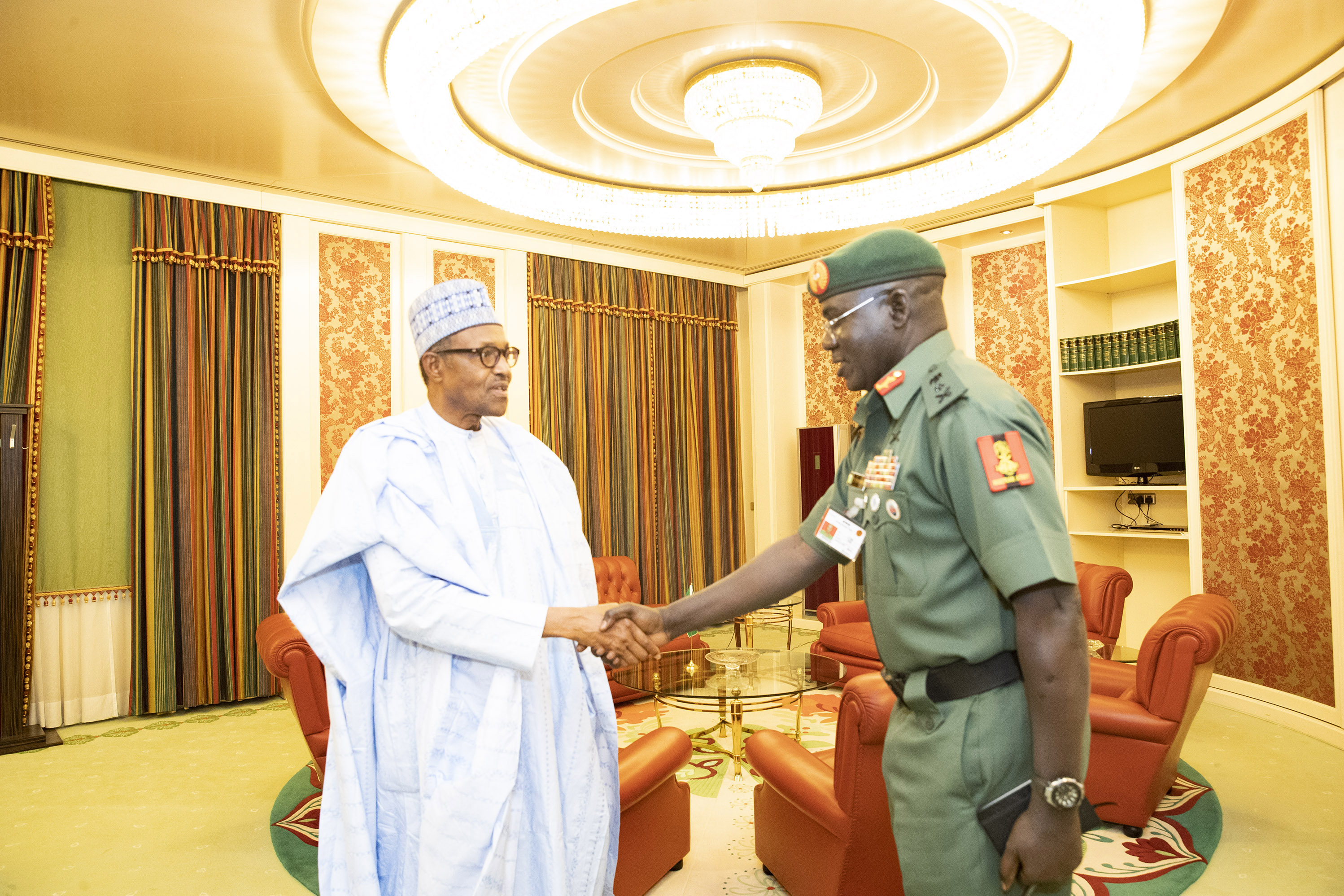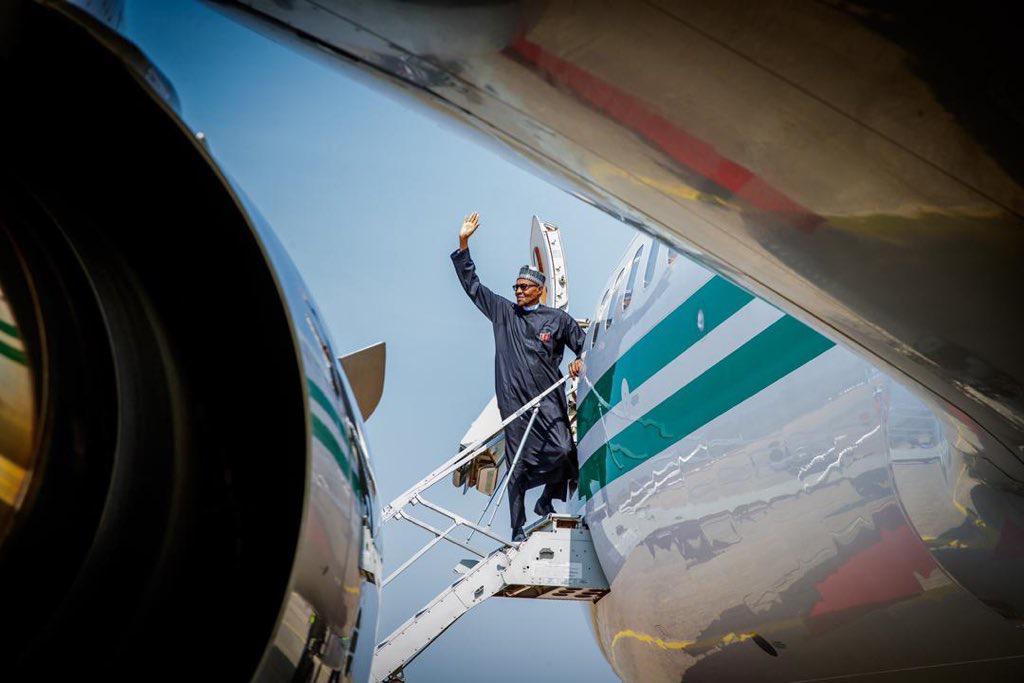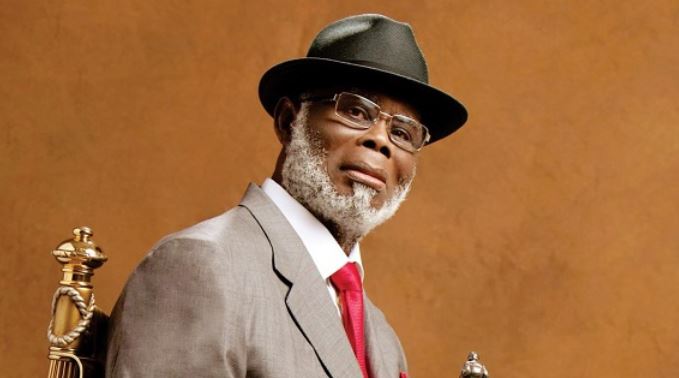By RAYMOND NKANNEBE
When Sanusi Lamido Sanusi in 2014 assumed the throne of his forefathers as the 14th Fulani Emir of the ancient Kano emirate, not a few Nigerians were visibly flummoxed as to what could have precipitated such a preference. For a man whose life both in private and public fora epitomized something of a public intellectual with unapologetic Marxist and neo-liberal worldview, the decision to retire into the boring life of royalty at a considerably young age of 52, defied logic especially for a change-driven character whose last official assignment ended in a controversial manner on account of his abhorrence for the status quo. For many Nigerians including myself, this preference was largely a loss to the nation, and a gain to Kano.
Whereas the eventual accession to the throne fulfilled a life long ambition for the former CBN governor, his reign was always going to be marked by controversy such that the question of his dethronement was a matter of when, not if. Behavioural scientists strongly argue that beyond 18, it was difficult for a man to change their dominant character. While they may disguise it, it was always bound to take a life of its own. For Emir Muhammadu Sanusi II it was also true. Hence it didn’t take long before it became clear that Sanusi’s latest office was incompatible with his persona; one punctuated by an overarching need for socio-economic reconstruction in an ultra-conservative environment that allowed for little or no change. Thus while accession to the throne fulfilled a life ambition, it was to conduce to an ugly denouement if only to lay the path for an entry into his apotheosis.
That came full cycle last Monday, 9th March, 2020 when the Kano state Government in a typical kangaroo manner deposed the emir on trumped up charges of insubordination to constituted authority as well as a phantom allegation of financial impropriety. The state government claimed it was acting based on a local legislation, the Kano State Emirate Law 2019; an obnoxious law hurriedly put in place late last year, unarguably for the hatchet job of his dethronement. Never mind that the said legislation remain a subject of litigation in Court. In an apparent bid to rub in the humiliation of the loquacious economist, he was to be banished to a remote town in far away Nassarawa State never to be seen in and about Kano state as with colonial tradition, not until the intervention of a Federal High Court which ordered his release in affirmation of his fundamental right to liberty and freedom of movement the other day. By this act, Lamido Sanusi suffered the fate of his grandfather, Muhammadu Sanusi I, he too a radical who was dethroned as the 11th Fulani Emir of Kano by the Sardauna of Sokoto, in a generational hex that would make for an entertaining story.
Advertisement
The handwriting on the wall was writ large with the balkanization of the larger Kano emirate by the Ganduje administration last year into 4 with the addition of Gaya, Bichi, Rano and Karaye emirates to the mother Kano emirate that sits at the city centre. While the government claimed that this move was meant to bring the “traditional institution closer to the people”, not a few suspected that the ulterior motive was to weaken the influence of Muhammadu Sanusi II and to pave the way for his eventual demystification. This fragmentation of the emirate in many ways explain away the unusual clam in the state despite the dethronement of Sanusi for a people who are known to protest the remotest desecration of their traditional institution often seen as the religious and moral symbol of the people.
With the benefit of hindsight, Sanusi’s ‘sin’ was twofold: the alleged meddling into the local politics of Kano state in the build up to the last gubernatorial election against Ganduje’s political interest, and the unabashed criticism of the Northern elite, whom the former emir indicts for the leadership gap in the region which has taken some ugly socio economic dimensions. Somehow it became the pastime of the traditional ruler to reel out facts and figures suggesting the retrogression of the North in diverse public functions with scant disregard for the social status of his audience.
For example, at the 3rd anniversary of the kidnap of the Chibok School girls and the maiden annual lecture organized by the #BringBackOurGirls campaign group, the emir in a speech instructively titled “Chibok and the Mirror in our Faces: Some Reflections on Gender in Our Society”, delivered by one of his daughters, which in itself was an unforgivable offence for the most chronic traditionalists in the Emirate, said of the northern elite, “…the elite consensus is about a culture of silence and complicity, where everyone remains in his or her comfort zone, and where the voiceless majority are allowed to remains where they are”.
Advertisement
Making reference to the conspiracy of silence in the region to keep young girls of the poor out of school, he posed a number of hard biting questions to his predominantly northern audience from the elite class, “the argument, it seems, is why should you care about poor rural women when you are able to educate your own daughters in the best schools in the world? Why should you hold up a mirror to our faces, expose our unclean underbelly and remind us of the brutish life to which, over many decades, we have subjected a large mass of our population?”
Early last year in a caustic critique of the Kano state government and which is believed by many to be the last straw that broke the back of the camel, the former emir at the Kaduna Investment Forum probed the kano state government’s sense of priority by preferring to take loans from China to build a light rail rather than build schools to absorb the out of school children roaming the streets of Kano. In a statement that riled Ganduje and his supporters, the then monarch wondered by a state government would borrow money to invest in trains so that the citizens can ride on them to go to weddings and naming ceremonies instead of schools.
Buoyed by his neo-liberal brand of Islam, Sanusi openly attacked the Northern socio-cultural institution with a tinge of ego and intellectual aloofness that can be irritating and was no doubt offensive to the conservative Northern elite who were being dressed down by this fire eating radical in a turban. In fairness to the emir however, even becoming a traditional ruler he had expended considerable intellectual energies in condemnation of polygamy among poor Muslim men─ the very idea of a man marrying more than one wife, and for which qualified justification is found in the Qu’ran and the Sunnah of the prophet of Islam. As a traditional ruler, he only used the platform to further advance the advocacy.
As far as he was concerned, the practice of polygamy especially among poor men was responsible for the many problems facing the North: millions of out of school children, low literacy level, the Almajiri system, Boko Haram, warts and all. Sanusi was also vocal in his critic of other northern socio cultural issues such as the menace of child or underage marriage, quota system, domestic violence, women’s rights, gender discrimination and censorship of girl child education. For him, the emancipation of the North would to a large extent depend on how its elite class addresses these issues which somehow had become associated only with the region.
Advertisement
But while some of these speeches returned with applause and rousing ovation where they were delivered, it was irksome to the conservative Northern elite at home who like the Pharisees prepared for revenge. As far as they were concerned, the somewhat reenactment of the Holy Writ by the traditional ruler was something of heresy which must be met with the most severe of punishment: dethronement. If his choice as the 15th emir of Kano, was calculated to keep the man mute, it worked the opposite as the boredom of palace life afforded him the latitude to speak freely in spite of the gag of sartorial regality strewn about his buccal cavity.
Yet, his dethronement might just be another blessing in disguise. Blessing in the sense that royalty was some form of ideological imprisonment for a person of his intellectual sophistication and who ordinarily should be suited for life in the public arena; an encumbrance of sorts from his fulsome unraveling. Little wonder his dethronement has been met with with an admixture of joy and sorrow. Joy, because he would now be available to serve the nation at large with his mass of experience both in public and private life in any position that he may be called upon to serve. Sorrow, because of the ugly circumstances of his dethronement and the truncation of what was a life long ambition.
It is in this light that we must situate Sanusi’s dethronement for it to be of any national consequence in his post-palace life. And the options before him are many: seek elective office or accept strategic leadership position from National or sub-national governments to fully drive and effect the social change in his conservative North, and the country at large─ an ideal so passionate to him, and for which he was prepared to lose the highfalutin life of royalty and all the courtesies that come with it. Assuming he’s minded in this regard, he would have been vindicated while the rather obscure but divine purpose of his dethronement: an entry into his Apotheosis would have been achieved.
Raymond Nkannebe, a Legal Practitioner and public interest commentator, writes from Lagos. Comments and reactions to [email protected]. He tweets @ RayNkah
Advertisement
Views expressed by contributors are strictly personal and not of TheCable.
